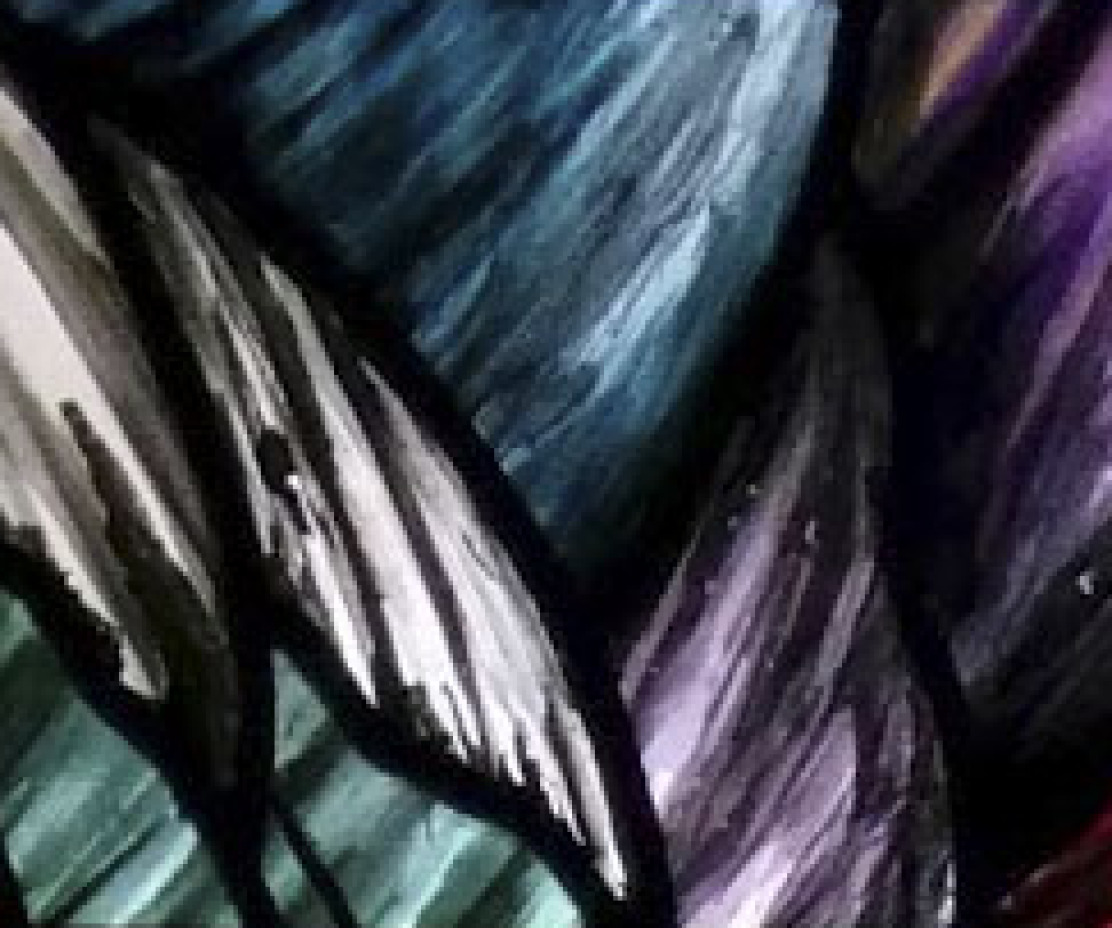Today I attended Change Camp at Museum London. Change Camp is a un-conference, which means instead of a speaker or a scripted event, the day is allowed to unfold naturally and is only loosely guided by facilitators. In many ways it is a lot like a visioning day, where a church community comes together to envision what they want their community to look like and decide how to get there.
As I sat through the day, participating with the larger community of London to develop and learn to care for its citizens – especially the weakest among us – I was struck by something that I found odd at first and then later by something that upset me.
Let’s start with the odd.
During the day, I looked at all the people that had come together from diverse lives to help their fellow human beings and to shape their community into a healthy and vibrant city. I looked around and it hit me: why am I the ONLY clergy here?
I listened to a group of people that wanted change in their lives and their city. I listened to people that want their neighborhoods to be safe, healthy and prosperous places. These people had given up on their elected officials doing something to improve their city, and they had most certainly given up on the church. So they got together to fix the problem and they did so without us.
Then came the angry.
In the afternoon, I sat with three city councilors as they identified all the necessary parties that would need to come together to discuss development in our city. They identified citizen-led and driven community groups (like the SOHO Community organization), developers and government as key players. Notably absent from the discussion was the church.
Three city councilors, discussing stakeholders in the health and sustainability of their communities and the church didn’t even cross their minds.
Why? Why would it? Clergy, and the church at large, are often visibly absent from political or public meetings for the development of the communities and cities they serve. So why involve the church now? Why ask for their participation?
We stopped participating in any kind of public event long ago. We stopped speaking to the face of power many years ago. We have been totally marginalized. Worse yet, we have done it to ourselves. We have accepted it, shrugged our shoulders, and stayed home to complain about days gone by when we used to have a strong voice in our communities.
Long gone are the days when the clergy would show up to public meetings, give a voice to the marginalized, the weak and the poor. We have retreated so far from public life that now public life has forgotten us. We have ceased to matter and will continue to not matter as long as we pass up opportunities like Change Camp to participate civilly and publically in our communities.
We have retreated so deep into our churches that we have become obsolete.
When we talk about a better world from the pulpit, when we preach social justice and then fail to show at events designed specifically to foster dialogue between citizens, organizations and government to make our communities better, we become nothing less than hypocrites. We lack authenticity.
And that, my friends, is why the church is dying.

I think you have hit a nail on the head. Here in Sarnia, we do more to participate. City council meetings are even opened in prayer! But yes, we do need to take back our rightful positions as leaders and councillors beyond the church doors.
GREAT IDEA with the cathedral!
Jenny, that sounds horrible! What an exclusionary way to start a public meeting. I would hope one of the goals of the involvement of the church in the political realm is to ensure that all organizations (religious and otherwise) are given an equal and welcomed voice.